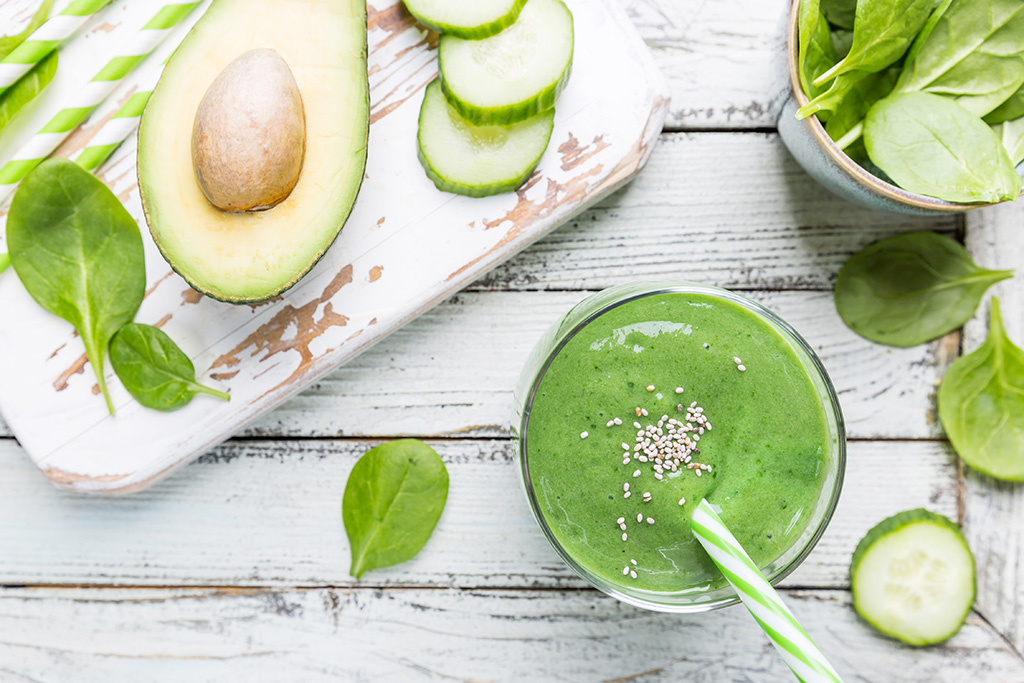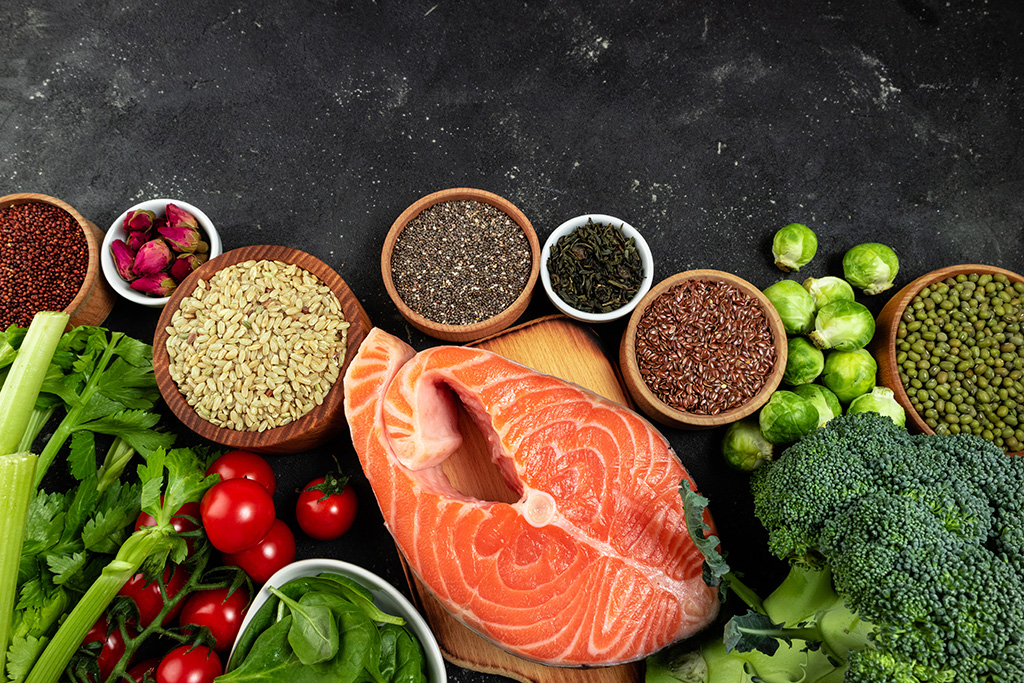1. Use stocks to cook your pasta instead of boiling water
One of the most famous tips out there. A classic Old World cooking technique from Italy’s Emilia-Romagna region is a must-do for home chefs. Use this tip when preparing fresh (not boxed) pasta.
2. Chicken must be soaked in milk for 48 hours
This is another traditional tip that produces delicious chicken because chicken has a propensity to dry up when cooking. The milk adds moisture and helps to tenderize the food while it soaks. When cooking a turkey, this method also works nicely.
3. After cooking, never rinse your pasta
The starches are removed during the rinsing process. And the sauce won’t stick to the pasta very well. Chefs everywhere suggest an alternative: “Alternatively, finish boiling the pasta in the sauce, with a little of the conserved pasta-cooking water.”
4. Ingredients that grow together go together
Fruits and vegetables that ripen at the same time of year go well together. The most effective recipes will incorporate these kinds of pairings; examples are peppers and tomatoes, squash and sweet corn, and kale and pumpkin.
5. Always salt the water while cooking pasta
For a thicker consistency, the salt aids in the binding of the pasta and sauce. “Additionally, it melts and absorbs flavor into the pasta. Not to be overlooked.
6. Mix the items with a wooden spoon
A wooden spoon is softer and can combine food better than a metal or plastic spoon. Additionally, a wooden spoon doesn’t carry heat, so you may stir sauces with it without worrying about them being too warm.
7. Make sure to brown your meat
When cooking beef or lamb, brown it in a frying pan first before putting it in the oven at the correct temperature. It will lock in the flavor and ensure that as the juices flow, they contribute flavor rather than being wasted.
8. Maintain the edge on your kitchen knives
A dull knife is more dangerous than a sharp knife. Make sure to keep your cooking knives as sharp as possible. It will help you while cutting meat, vegetables, fish, fruits, etc.
9. For thicker cookies, chill the dough
Let the dough cool. Before baking, let the butter get firm if you prefer a thicker cookie. Try pre-balling the dough instead, then freezing it, and thawing it overnight in the fridge. As soon as possible, place the cookies in the oven. This provides the butter an opportunity to battle the oven’s heat.
10. Take your time
Before you start, read the entire recipe. Rushing through a recipe simply increases your chances of making mistakes, such as skipping a step or using the incorrect measurement.




